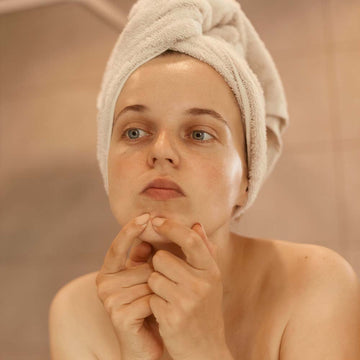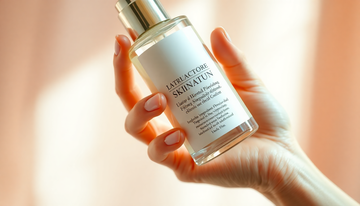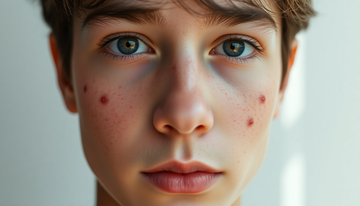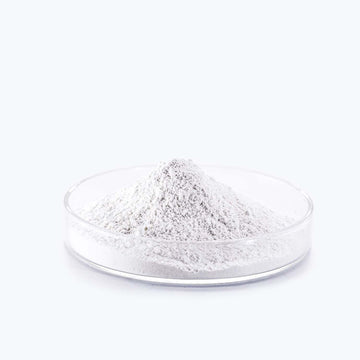The Do's: Cultivating Healthy Skin
1.Consistent Cleansing: Regular, gentle cleansing is pivotal in eliminating dirt and excess oil without disrupting the skin's natural moisture balance.
2.Hydration Matters: Opt for oil-free, non-comedogenic moisturizers to maintain well-hydrated skin without clogging pores.
3.Product Patience: Gradually introduce new skincare items and allow sufficient time for their effects. Abrupt changes might cause skin irritation.
4.Sun Care: Shield your skin with SPF 30+ sunscreen to prevent acne scarring and pigmentation caused by sun exposure.
5.Seek Expert Advice: Consulting a dermatologist provides personalized guidance for effective acne management.
The Don'ts: Pitfalls to Avoid
1.Excessive Exfoliation: Limit exfoliation to twice a week as excessive scrubbing may strip the skin's protective barrier, worsening acne.
2.Hands Off: Refrain from picking or squeezing pimples, preventing scarring and potential infection.
3.Moisturizer Mishaps: Skipping moisturizer, especially for oily skin, can spur excess oil production, worsening acne concerns.
4.Say No to Harsh Products: Harsh cleansers and astringents can irritate the skin, exacerbating acne issues.
5.Avoid Product Overload: Using multiple acne treatments simultaneously can irritate the skin. Stick to a simplified routine.
Addressing Lifestyle Factors
Dietary Influence on Acne
While scientific evidence remains inconclusive, some individuals notice improvements by limiting high-glycemic foods and dairy in their diet.
Stress Management
Stress can trigger hormonal imbalances, exacerbating acne. Embracing stress-relieving practices like yoga, meditation, and adequate sleep positively impacts skin health.
Conclusion
Effective acne management blends skincare practices, lifestyle choices, and professional advice. Adhering to the do's while sidestepping the common don'ts empowers you to navigate acne challenges for clearer, healthier skin.
FAQ's
1.How often should I cleanse my skin to manage acne effectively?
Consistent cleansing, done twice daily using a gentle cleanser, is recommended for effective acne management. This helps eliminate dirt and excess oil without stripping the skin.
2.Can skipping moisturizer worsen acne, especially for oily skin types?
4.What are the risks of using multiple acne treatments simultaneously?
Using multiple treatments at once can potentially irritate the skin, leading to dryness, redness, and increased sensitivity. It's advisable to stick to a simplified skincare routine.
5.How can stress impact acne, and what stress-relief practices benefit skin health?
Stress can trigger hormonal imbalances, worsening acne. Incorporating stress-relief practices like yoga, meditation, and adequate sleep positively influences skin health and can help manage acne.





